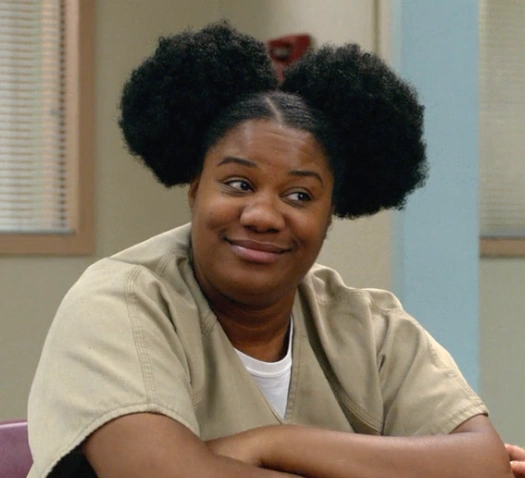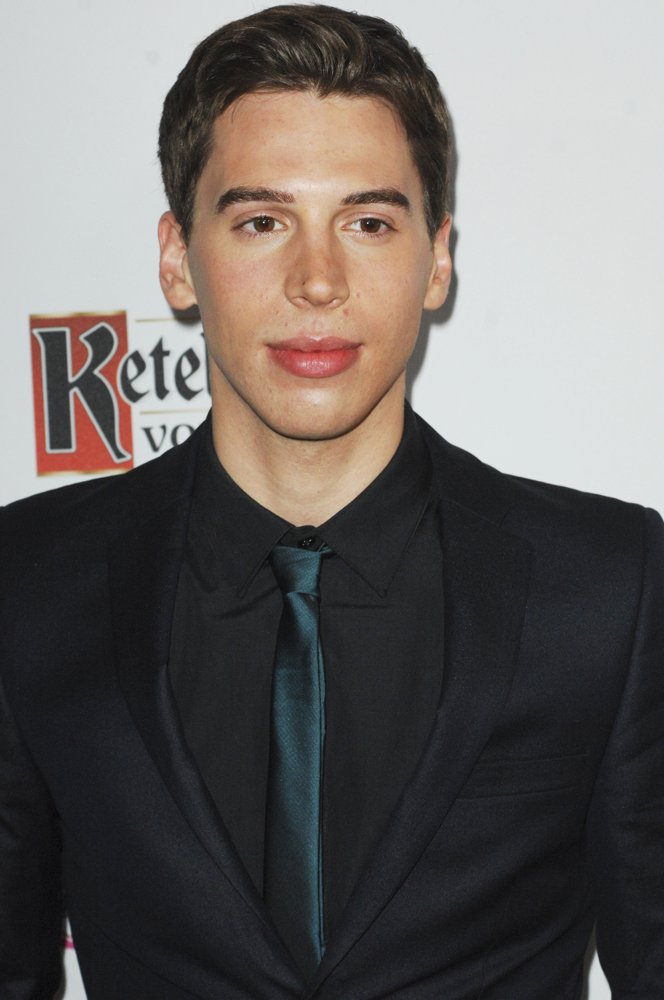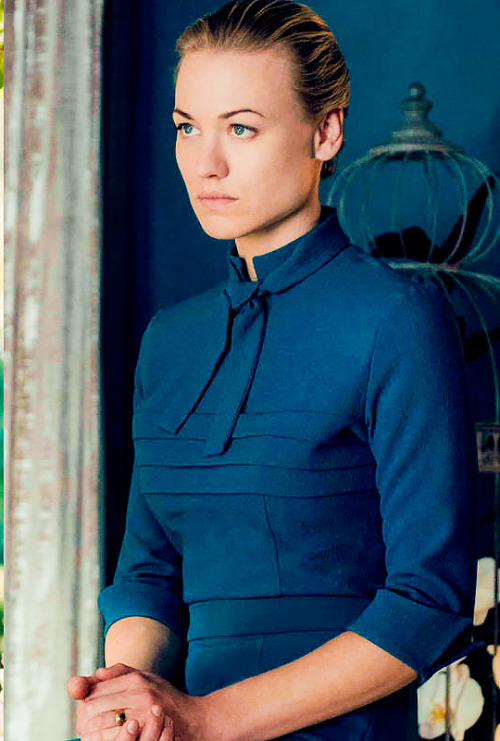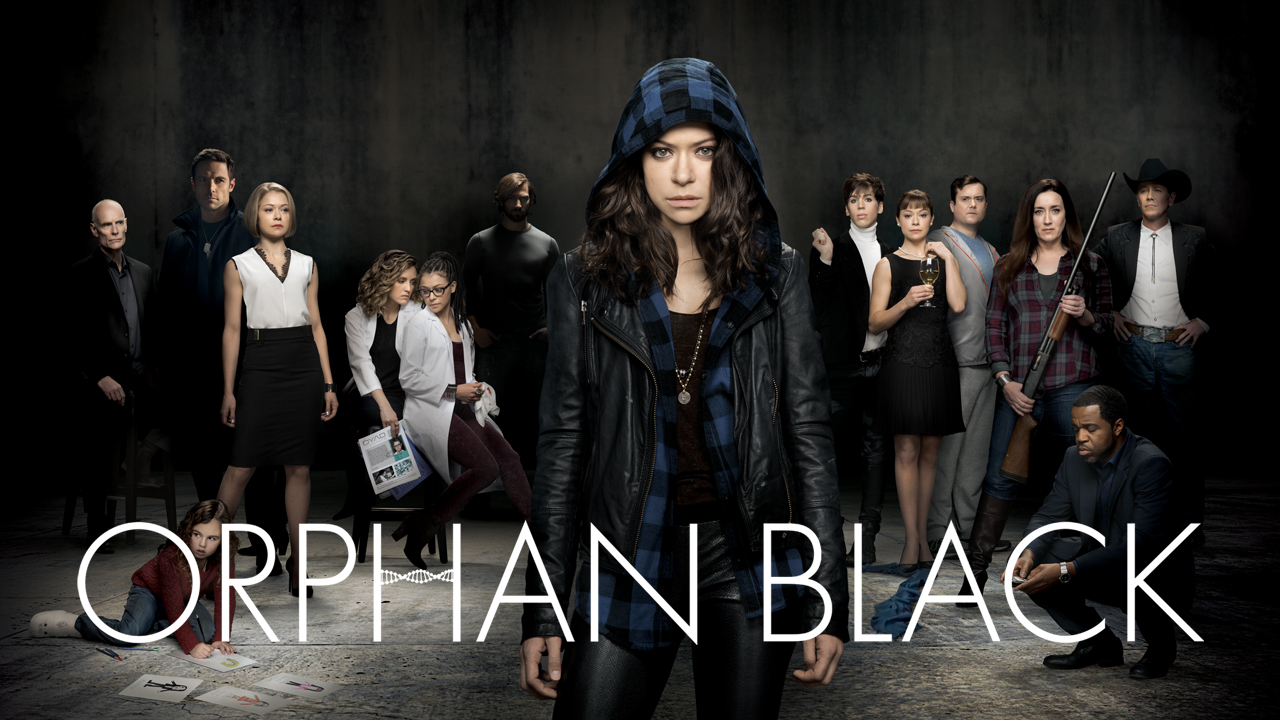When I first heard that O.J. Simpson was suspected in the deaths of his wife, Nicole Brown Simpson, and her friend, Ronald Goldman, I was shocked. Not O.J.! He had been the fun-loving, charismatic football player from my youth, who did commercials and movies. He seemed like such a nice guy. Surely not he.
But then the 911 recording was released, and it was quite clear that Nicole was a battered wife, and O.J. her batterer. It made me sad, but as a social worker, I was more than aware that a battered wife's life is never more in danger than after she leaves her abuser. I had made up my mind that O.J. was more than likely guilty, and moved on with my life.
So I was more than a little bemused when I discovered that America did not move on. All the channels switched to the helicopter following the white Bronco as Simpson pondered suicide (I presumed). I was extremely annoyed. They had interrupted Raymond Burr's last performance as Perry Mason for this (granted, the television movie was not very good, but still!)! I turned the television off in disgust.
I watched from afar, not because I was more than passively interested in the case, as eventually O.J. was brought to trial, but because there was no avoiding it. The news was consumed with the case, talking heads pontificated about it, people gossiped about it. And I couldn't figure out why. I didn't like football, I knew none of the parties involved, and I lived no where near California. Why would anyone care so much? The verdict came and I was again disgusted, because, obviously I thought he was guilty, I was again bemused, because Americans responded along color lines, whites were disappointed, blacks were jubilant (the only exception I observed were the mentally ill adults I worked with as a social worker - almost all of them, regardless of color, were happy he was exonerated).
Decades passed. I moved across the country, met the love of my life and entered a new profession. O.J. and his trial were millions of miles and years away. Except, suddenly, he was back. And not just Simpson, but the trial. What was going on? There was O.J.: Made in America, a documentary about race and celebrity, and Ryan Murphy's limited series, The People v. O.J. Simpson: American Crime Story. I refused to watch either.
I was bemused at all the critical attention that arose from the series, and the number of Emmy nominations and wins it earned. Critics I respect loved the series. Finally, my husband said, we should watch it. So we did.
What also impressed me was what a human story it was. Clark and Cochran were both extremely confident and cocky about their trial skills and the rightness of their cause. Darden and Kardashian were outsiders, who served as the moral center of the piece. Shapiro quickly realized he was out of his league, so he quickly brought Cochran on, only to lose control of his big case. And the air went out of me as I watched Marcia Marcia Marcia, in which Clark was humiliated from beginning to end. None of these characters were left unscathed by the trial, with perhaps only Cochran and some of the minor characters (lawyers) coming out better than they started. Even Simpson, the man who was exonerated, found himself a pariah following the verdict.
It was worth revisiting this trial, both from an artistic perspective, but also from a personal one. The show made clear the animosity that existed between the L.A. police force and the African American community. For many African Americans, the trial represented more than just the trial of a man accused of brutally murdering his ex-wife and her friend. I feel like I understand that now, even though I still feel that Simpson was guilty and should not have been exonerated. What I still don't understand is why white Americans care so much. Even today, people are still litigating in comments sections both the murder trial and his subsequent imprisonment for another crime. And not just in an academic way, but in a personal, passionate way, much the way we now argue about politics. At least politics are actually related to our lives. Whether Simpson gets out on parole really doesn't affect me at all (though I guess you could get into a philosophical argument about how the unjust imprisonment of a person diminishes our society and makes us all a little less free from abusive police power, but I'm not going to with O.J. Simpson. Just ain't gonna happen).
It took me longer to decide what to write about for this week. I have not kept up with Orphan Black, and I've one episode to go to finish Orange is the New Black. And Game of Thrones has just started, and I'm not sure I want to contribute to the apparently thousands of articles about the show (though we all know I will). I'm including a picture of Kit Harrington however, because I suspect that just about every blog post would be improved by his image.
Studio 60 on the Sunset Strip fan alert: Sarah Paulson starred as Harriet Hayes, Aaron Sorkin's conservative voice for the show. I really wanted to like this show, but the episodes following the premiere were slogs, partially because Sorkin decided that Harriet would be more interesting as a conservative scold than as a fully fledged character. She was not.
Army Wives and Person of Interest fan alert: I'm so happy that Sterling K. Brown is doing so well for himself. He was one of the main characters in this Lifetime drama. Yes, I watched it. Get over it. He also played a love interest to Carter on Person of Interest, only to be tragically murdered. He can now be seen in This is Us.
Law and Order: Criminal Intent fan alert: Courtney B. Vance's role as the prosecutor left him sorely underused.
Friends fan alert: David Schwimmer was Ross. I never watched the show consistently, but he was in it. I preferred Matthew Perry's character.
I could add Welcome Back Kotter fan alert for John Travolta, but I think he's more famous for other things now.

.jpg/170px-Kit_Harington_SDCC_2013_(cropped).jpg)
















/cdn.vox-cdn.com/uploads/chorus_image/image/54617819/jbareham_170426_1631_A_0020.0.jpg)
